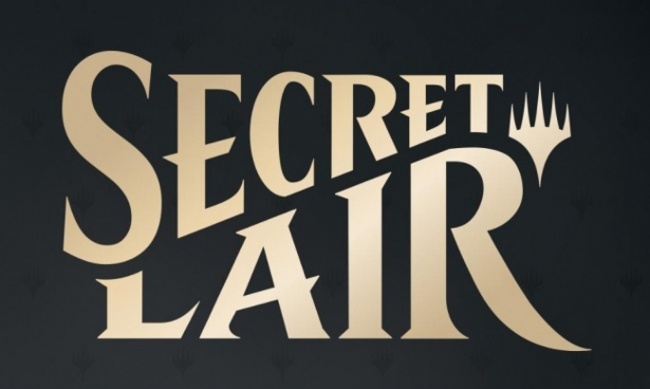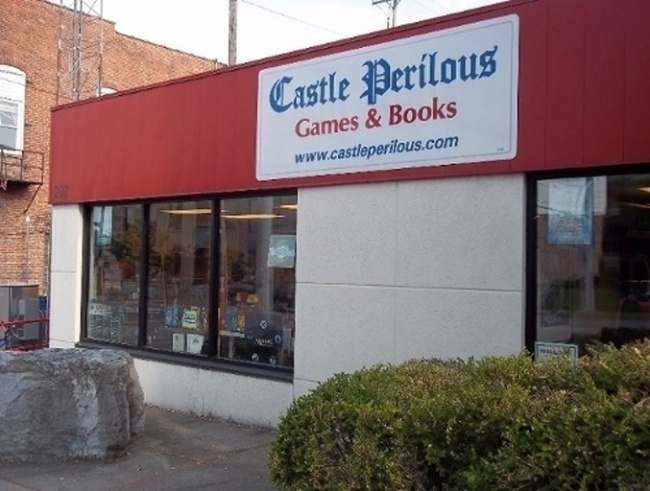Rolling for Initiative is a weekly column by Scott Thorne, PhD, owner of Castle Perilous Games & Books in Carbondale, Illinois and instructor in marketing at Southeast Missouri State University. This week, Thorne discusses the method to the madness of the Secret Lair Drop Series and looks at the possibilities it holds for future releases.
Wizards of the Coast has been releasing quite a few DTC (direct to consumer) sets over the past year, most recently last week’s Secret Lair Drop Series (see "The Mystery of The 'Secret Lair Drop Series' Revealed"). WotC released the seven sets, one per day, for only 24 hours, ending on December 9.
This is a promotional model very similar to that used by urban clothing companies such as Supreme Streetwear, which over the past 15 to 20 years have built up email lists of hundreds of thousands of devoted fans of the brand. The company only releases limited quantities of new products, emaiing out advance notice to its avid buyers, who then line up in front of the company’s stores or register on the website waiting for the new product to release. People buy the new product and either keep and talk about it or flip it to other fans for higher and higher prices until it gets into the hands of someone willing to pay the final price who wants to keep the product. The major difference between the Supreme model and the WotC model is that Supreme sells both online and in its stores, while WotC does it only online. By selling in a physical location as well as online, Supreme generates excitement both online and in the physical world. Photographs of a line of people waiting to get into your store generates a lot of excitement and FOMO (Fear of Missing Out) among those who are fast enough or otherwise able to get the products locked upon release will make them more eager to get onto the list for the next release. Supreme and similar companies rely on FOMO to move lots of products at prices seemingly astronomical (similar to the amazement non-Magic and non-Pokemon players express upon hearing the price of an early Mox or Black Lotus) to those not interested in the product.
Given that, and the success the company has had with these limited card releases and the excitement (and frustration, for those who do not manage to score them) they generate, I foresee a number of these sets coming out over the next few years and probably, once WotC figures out the logistics, the ability to sell, or take orders for, the sets as an additional benefit to WPN Premium status. WotC managed to handle the logistics of getting the From the Vault and Spellbook sets to WPN stores without much difficulty, so arranging for distribution of these limited drop sets to Premium stores should prove within the company’s capabilities.
Although WotC has not announced it yet, something else I foresee WotC offering online within the next couple of years are mass customizable and playable Magic cards. The way I see this working, WotC would upload popular common cards to its website (such as Lightning Bolt, Llanowar Elves and Counterspell) with the art removed. Customers would add their own photographs to replace the art and, in two to six weeks, receive their own customized, playable one-of-a-kind Magic card. M&Ms and Nike already do this with customized candies and athletic shoes and I could easily see WotC following in their footsteps.
The opinions expressed in this column are solely those of the writer, and do not necessarily reflect the views of the editorial staff of ICv2.com.

Column by Scott Thorne
Posted by Scott Thorne on December 9, 2019 @ 3:21 am CT



